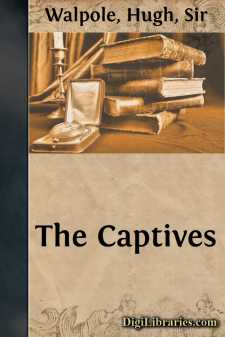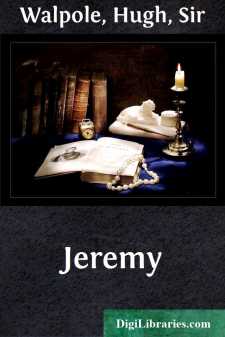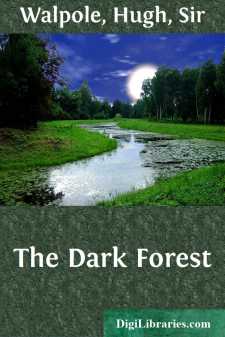Categories
- Antiques & Collectibles 13
- Architecture 36
- Art 48
- Bibles 22
- Biography & Autobiography 813
- Body, Mind & Spirit 142
- Business & Economics 28
- Children's Books 15
- Children's Fiction 12
- Computers 4
- Cooking 94
- Crafts & Hobbies 4
- Drama 346
- Education 46
- Family & Relationships 57
- Fiction 11829
- Games 19
- Gardening 17
- Health & Fitness 34
- History 1377
- House & Home 1
- Humor 147
- Juvenile Fiction 1873
- Juvenile Nonfiction 202
- Language Arts & Disciplines 88
- Law 16
- Literary Collections 686
- Literary Criticism 179
- Mathematics 13
- Medical 41
- Music 40
- Nature 179
- Non-Classifiable 1768
- Performing Arts 7
- Periodicals 1453
- Philosophy 64
- Photography 2
- Poetry 896
- Political Science 203
- Psychology 42
- Reference 154
- Religion 513
- Science 126
- Self-Help 84
- Social Science 81
- Sports & Recreation 34
- Study Aids 3
- Technology & Engineering 59
- Transportation 23
- Travel 463
- True Crime 29
The Cathedral
by: Hugh Walpole
Description:
Excerpt
Chapter I
Brandons
Adam Brandon was born at Little Empton in Kent in 1839. He was educated at the King's School, Canterbury, and at Pembroke College, Cambridge. Ordained in 1863, he was first curate at St. Martin's, Portsmouth, then Chaplain to the Bishop of Worcester; in the year 1875 he accepted the living of Pomfret in Wiltshire and was there for twelve years. It was in 1887 that he came to our town; he was first Canon and afterwards Archdeacon. Ten years later he had, by personal influence and strength of character, acquired so striking a position amongst us that he was often alluded to as "the King of Polchester." His power was the greater because both our Bishop (Bishop Purcell) and our Dean (Dean Sampson) during that period were men of retiring habits of life. A better man, a greater saint than Bishop Purcell has never lived, but in 1896 he was eighty-six years of age and preferred study and the sanctity of his wonderful library at Carpledon to the publicity and turmoil of a public career; Dean Sampson, gentle and amiable as he was, was not intended by nature for a moulder of men. He was, however, one of the best botanists in the County and his little book on "Glebshire Ferns" is, I believe, an authority in its own line.
Archdeacon Brandon was, of course, greatly helped by his magnificent physical presence. "Magnificent" is not, I think, too strong a word. Six feet two or three in height, he had the figure of an athlete, light blue eyes, and his hair was still, when he was fifty-eight years of age, thick and fair and curly like that of a boy. He looked, indeed, marvellously young, and his energy and grace of movement might indeed have belonged to a youth still in his teens. It is not difficult to imagine how startling an effect his first appearance in Polchester created. Many of the Polchester ladies thought that he was like "a Greek God" (the fact that they had never seen one gave them the greater confidence), and Miss Dobell, who was the best read of all the ladies in our town, called him "the Viking." This stuck to him, being an easy and emphatic word and pleasantly cultured.
Indeed, had Brandon come to Polchester as a single man there might have been many broken hearts; however, in 1875 he had married Amy Broughton, then a young girl of twenty. He had by her two children, a boy, Falcon, now twenty-one years of age, and a girl, Joan, just eighteen. Brandon therefore was safe from the feminine Polchester world; our town is famous among Cathedral cities for the morality of its upper classes.
It would not have been possible during all these years for Brandon to have remained unconscious of the remarkable splendour of his good looks. He was very well aware of it, but any one who called him conceited (and every one has his enemies) did him a grave injustice. He was not conceited at all— he simply regarded himself as a completely exceptional person. He was not elated that he was exceptional, he did not flatter himself because it was so; God had seen fit (in a moment of boredom, perhaps, at the number of insignificant and misshaped human beings He was forced to create) to fling into the world, for once, a truly Fine Specimen, Fine in Body, Fine in Soul, Fine in Intellect....










